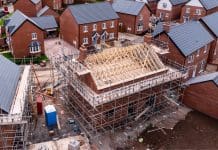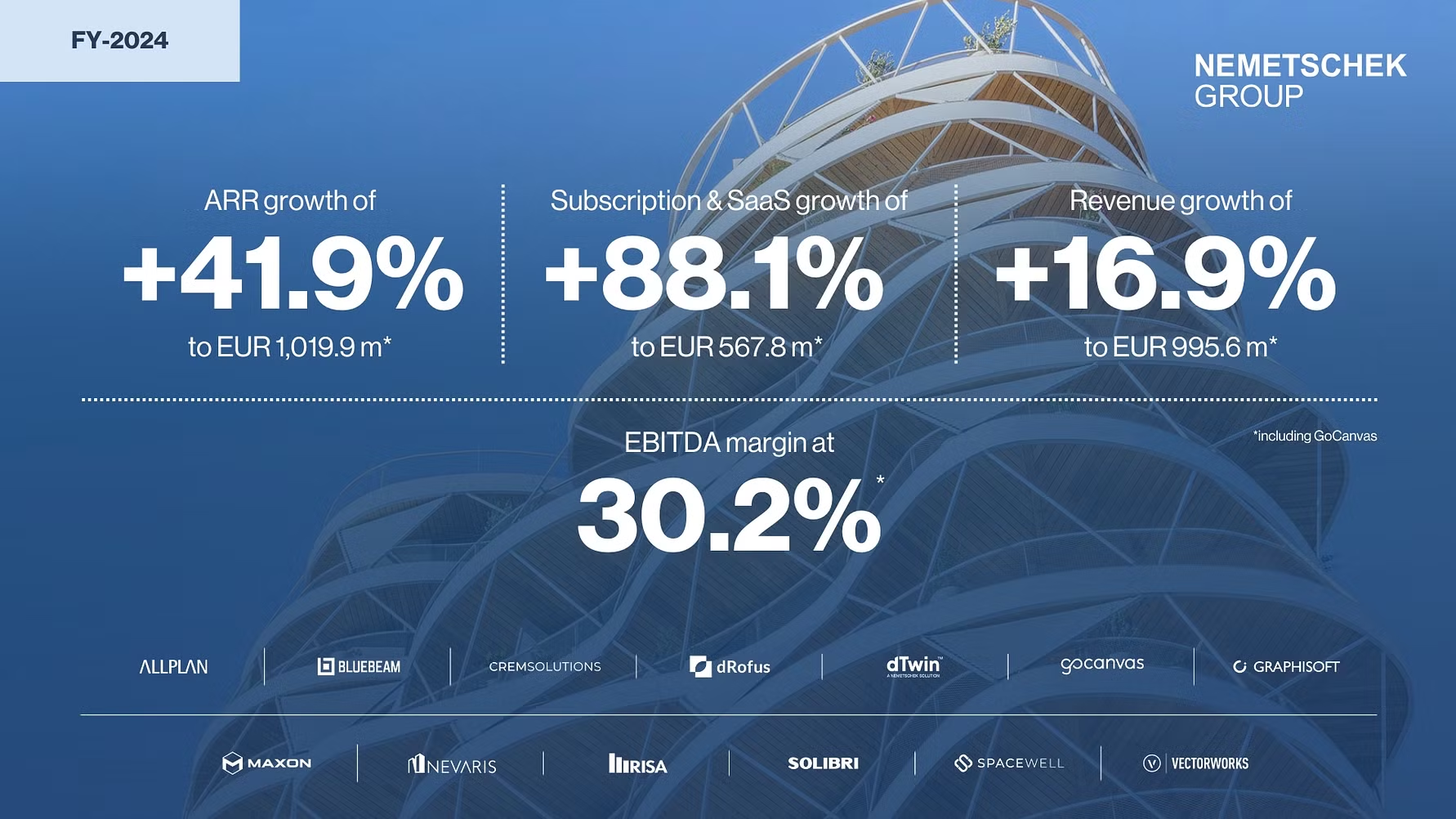February PMI data pointed to improved demand conditions across UK construction, bringing a marginal increase in output and activity
Although only marginal, the rate of new business growth found in the latest PMIs was the fastest since May 2023.
A turnaround in construction order books contributed to a near-stabilisation of overall output levels in the latest survey period.
At 49.7 in February, up from 48.8 in January, the headline index registered its highest level since August 2023 and was only fractionally below the neutral 50.0 threshold.
Construction companies showed the highest optimism since January 2022
A sustained upturn in customer demand, as well as more favourable economic conditions- were cited as primary causes for business optimism improving for the third time in the last four months.
The three main construction categories all saw a near-stabilisation of business activity:
- House building saw the biggest turnaround since January, with the respective index at 49.8, up from 44.2 and the highest level since November 2022. Survey respondents suggested that improving market conditions had gradually contributed to a stabilisation of residential construction work.
- In contrast, the commercial segment saw a more subdued performance than in January, with construction companies typically citing hesitancy among clients and constrained budget setting.
- Total new work increased marginally in February, thereby ending a six-month period of decline. This appeared to reflect a turnaround in tender opportunities and greater client confidence, especially in the house building segment.
Employment did not perform as well
Despite positive trends for order books and sales pipelines, staffing numbers declined for the second month running, and the rate of job shedding was the fastest since November 2020.
Panel members suggested that a recent soft patch for work on site, alongside strong wage pressures, had led to cost cutting measures including the non-replacement of voluntary leavers.
More than half of those surveyed predict a rise in construction business activity
With 51% of the survey panel anticipating a rise in rise in business activity over the year ahead, the PMIs showed the the strongest degree of business optimism for just over two years in February. Only 6% forecast a reduction.
Construction companies mostly noted new project starts and positive signals for customer demand, partly linked to expected interest rate cuts.
Supply conditions meanwhile improved again in February, albeit to the smallest extent for one year.
There were some reports citing a negative impact on deliveries of construction products due to Red Sea shipping disruptions. Demand for construction inputs remained relatively subdued, as signalled by a reduction in purchasing activity for the sixth month running.
Finally, average cost burdens increased for the second consecutive month in February.
Higher input prices were often linked to strong wage pressures and rising transportation costs. However, the rate of inflation was only modest and eased from January’s eight-month high, with some firms citing opportunities to negotiate price discounts amid intense supplier competition.
Industry voices mirror the optimism documented in the latest PMIs
Jamie Harwood, director at Beard:
“It is certainly positive to see a boost in new orders as confidence continues to improve across the sector and importantly, among customers too. Even with some of the macro-pressures that still remain, customers are finding the confidence to commit to projects – buoyed by the prospects of the year ahead. We’ve certainly seen this on the ground at Beard, with our secured orders at a record high.
“Of course, eyes will be on the budget later today to see if there’s any news of potential stimulus or investment into the sector, ahead of the upcoming general election. Alongside the election and any potential change in government, many will be watching the Bank of England and the potential path of interest rates, which will certainly help to alleviate the pressures some customers are facing.
“It’s very positive to see an end to a decline in new work, with greater optimism for both order books and pipelines. At Beard, we continue to see growing demand from regional frameworks, as well as starts on site in many key sectors – including education and in the commercial sector. We’re also seeing growing demand within our special projects division and for smaller value projects. Continuing this momentum and nurturing this positivity among customers remains a priority, as does maintaining those strong partnerships with customers and with our supply chain.”
Brian Smith, head of cost management and commercial at AECOM:
“The return of Spring has brought a brighter outlook for the sector after an extended period of difficulty, stemming back 12 months, but it will be forgiven for exercising caution. Firms have done well to weather the storm of high inflation and tightening financial conditions but, while order books are positive for this year, the survey indicates a more competitive tender market ahead.
“Two-stage contracting is becoming the preferred approach among tier one contractors, providing an opportunity for two-way early-stage conversations with developers. But despite a slight uptick, the overall volume of work available will still raise concerns for sub-contractors with shorter pipelines and weaker balance sheets.”














